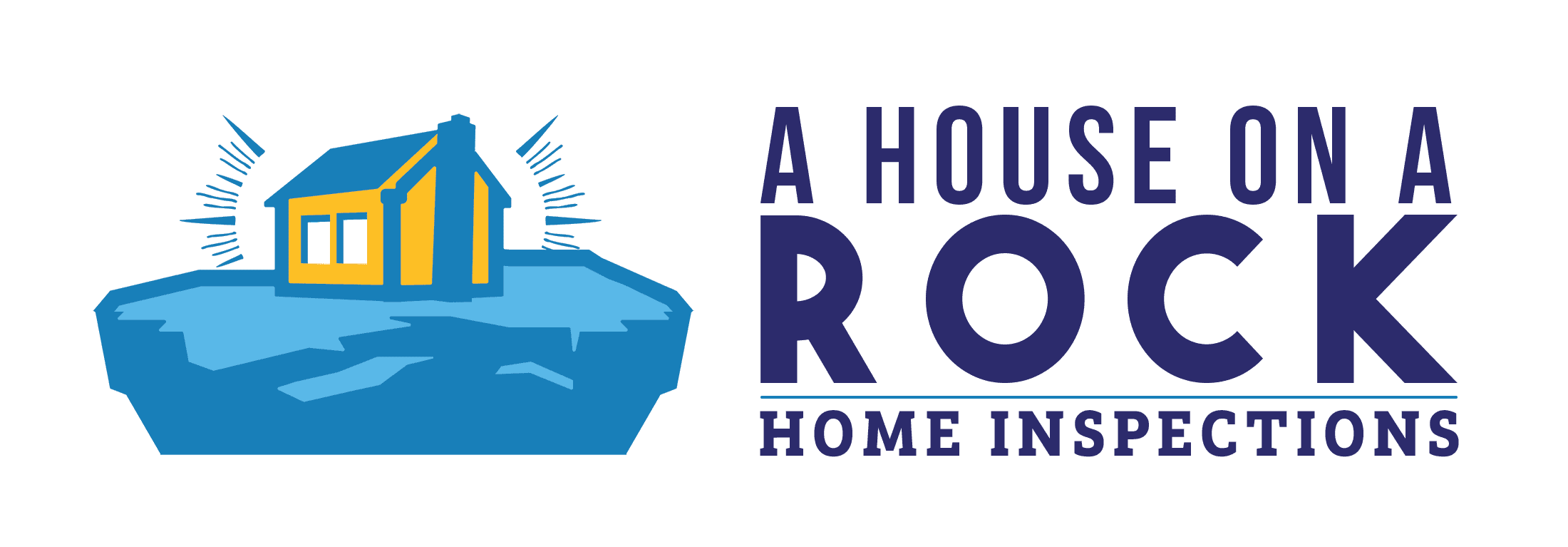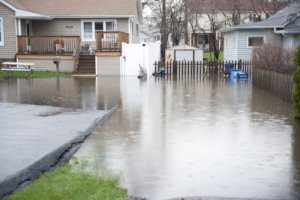Hurricane Preparation Tips From a Home Inspector
These hurricane preparation tips are based on my experience as a Richmond, home inspector. Obviously, the advice might be slightly different in Florida, or other states.
Hurricane season starts in Virginia on June 1 and continues until November 30.
The First Step is Preparing Your Home For a Hurricane
Inspect Your Roof For Hurricane Preparedness
You first need to inspect certain areas of your home that are more likely to be affected by a hurricane. I would start with the roof. The roof protects your attic and the rest of the structure from rain.
High winds can cause wind damage, leaks, and water damage to the attic, which can spread to the rest of the home.
Make sure there is no apparent damage to the roof, such as missing shingles or holes, and make sure your plumbing vent boots and other penetration flashing are not damaged.
Check the strength of the adhesive strips by tugging at a shingle. If it comes up, your adhesive strips are failing and will be prone to damage from strong winds.
Don’t forget the gutters. The gutters will collect lots of water from the heavy rains. Make sure they are in good condition and clean them. Clear gutters are more functional and have a better chance of directing rain away from your foundation.
There are a few things you can only check during rain. So read this blog and check those things the next time it rains, before hurricanes and tropical storms roll in.
Trim Your Trees
Falling branches or swaying limbs can significantly damage your home during a hurricane. They can cause broken windows, roof damage, or even personal injury.
Cut, or trim branches that pose a risk to your house or vehicle. If you have any dead trees, have them cut down now before it’s too late. If you wait until the last minute, you probably won’t find an available company.
Check Your Sump Pump
Your sump pump is a pump in your crawlspace or basement that collects water in the ground from around your foundation and pumps it away from your foundation. During a hurricane, your sump pump could be vital to protecting your home from water damage.
Not only should it be functional, but it would also be a great idea to install a battery backup so that it continues to function if there is a power outage.
Check Your Windows and Exterior Doors
Here in Richmond, we generally don’t board up our windows, but you do want to make sure they are in good condition. Make sure your windows and doors close securely and that there is no damage. Heavy rainfall, and wind driven rain can bring water into your home through these openings.
Secure Outdoor Personal Property
Not only can your garbage cans and patio furniture fly away during a big storm, but these items can damage your property, or injure your family members if they are struck.
Bring as much outdoor furniture inside as you can, and secure down the rest.
Are You Insured for a Hurricane?
Part of your hurricane preparation plan should be reviewing your insurance. Better yet, call your insurance agent. Many home insurance policies have exclusions for wind damage, hurricane damage, or flood damage. The last thing anyone wants to hear is that their insurance policy won’t cover their property damage because it does not include flood insurance.
Every policy is different, and every homeowner’s needs are different. Call your insurance company or insurance representative today to ensure you will be covered.
This is possibly the most overlooked step in hurricane preparation.
Take an inventory of your personal property.
If you have a significant loss and need to make a claim for personal property, you will want to be able to remember what you had and prove it.
Hurricane Preparation 101
Have a plan. Know what you’re going to do and where you’re going to go in the event that you need, or want to evacuate.
Have a hurricane emergency Kit ready to go. Make your kit now. Do not wait until there is a hurricane coming. Things to include:
- 1 gallon of water person in your family per day (7 days)
- Enough non-perishable food for everyone in your family for seven days.
- Flashlights and plenty of extra batteries. My kids always want flashlights, so just get enough for everyone.
- First aid kit – the biggest one you can find on Amazon. You can never have too much first aid supplies
- Hygiene gear like body, and face wash toilettes, toothpaste and tooth brushes, deodorant, hair brushes, and anything else you feel is necessary.
- Basic tools for small repairs or turning off utilities.
- Prescription medicine for 7 days.
- Paper plates, paper towels, and other plastic utensils for eating.
- Keep all your important documents, and extra cash in a waterproof container.
My Personal Hurricane Preparation Tips
- Fill up all your vehicle gas tanks, and fill at least 2 5 gallon gas containers. Do this as soon as you know a hurricane is coming because everyone will have the same idea.
- Set your fridge and freezer on the coldest setting and refrain from opening them as much as possible. This will help prevent your food from going bad. I also buy 4 bags of ice that I put in my fridge and freezer to help keep everything cold for longer.
- Invest in Dewalt Rechargeable batteries and tools. Whenever we lose power Im already fully ready with about 10 charged Dewalt batteries, a cordless radio, tons of flashlights, and even a USB adapter that charges our cell phones. You don’t necessarily need to go with Dewalt. Take our quiz to see which cordless brand is best for you.
- After the hurricane, make sure you hire a home inspector to check for any roof, exterior, or structural damage. Excessive water in the crawlspace could also cause mold.
- Your most valuable items are your family members. Prioritize their safety.
My favorite tool for Hurricane Preparation
Hurricane preparation is not complete without a plan for if you lose power. We have some old power lines leading up to our neighborhood. We don’t even need hurricane-force winds to lose power. That’s why I love my portable generator.
It is not hardwired into my house so we end up using quite a few extension cords, but its enough for our gas heating system, some small appliances, and of course the kids ipads to keep them busy.
Most portable generators will not be able to run an electric heat pump though. You will need to consult an electrician if you want a generator large enough for a heat pump.
Remember, This is about Hurricane Preparation
Don’t wait for when the hurricane hits to try to decide what you are going to do. The best time for your hurricane preparations are now.
As an Amazon Associate I earn from qualifying purchases







